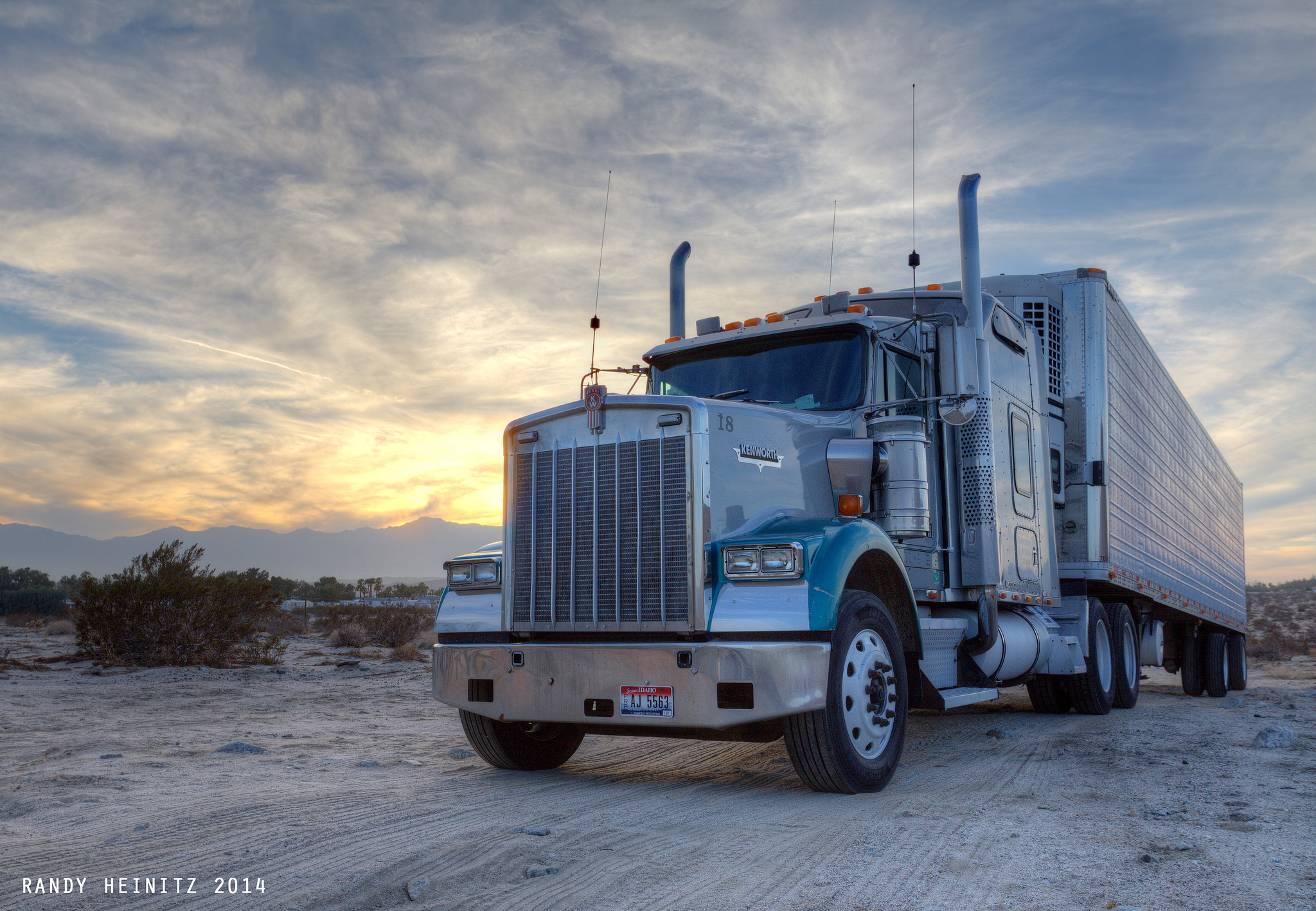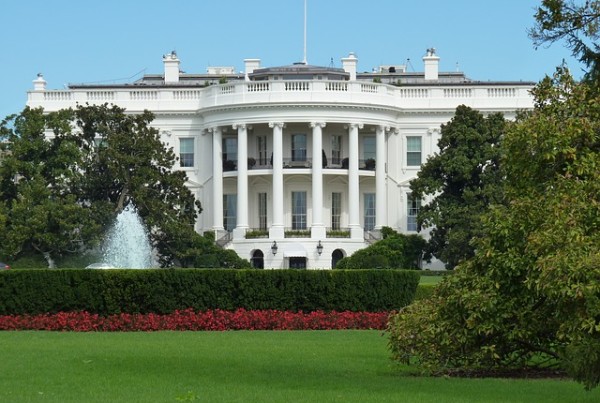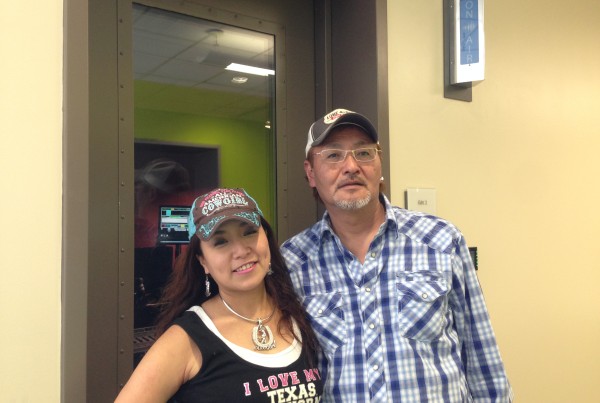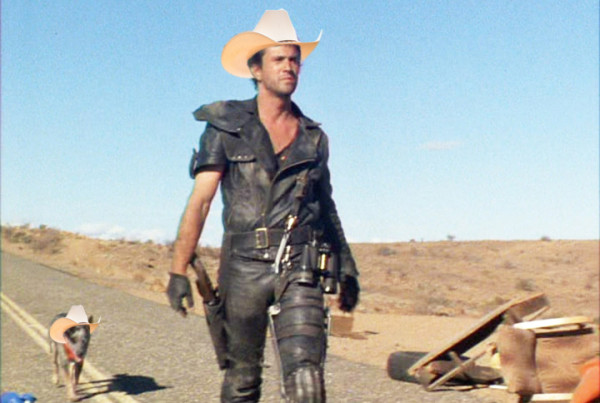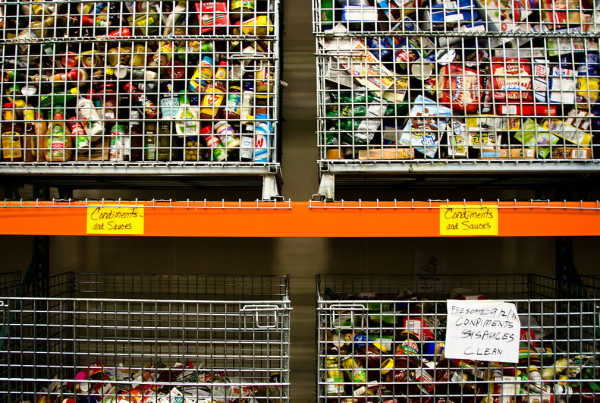In Texas, trucking is a very big business. In fact, it accounts for one out of every 16 jobs in the state. When you see those big 18 wheelers blazing down the highway or at a truck stop you might think that trucking is something of a low-tech business. This is not the case according to the CEO of Telogis, Dave Cozzens. His software company tries to make commercial vehicles more efficient.
Today, people are concerned with the interconnectivity of things – the role the Internet plays in what goes on around us. That means that shippers and producers and consumers can all get online and see where a product ships from, when its ETA is and adjust their plans accordingly.
Cozzens says his company is built off that integration.
“We’re creating the software as well as working with the vehicle manufacturers, so our technology is being built whether it be a Ford, or a GM, or a Volvo, or a Mack truck, they’re being built with this type of technology in them,” Cozzens says. “They’re being built with this type of technology in because their customers, these companies in various industries, because they can provide that kind this visibility to their in-customers.”
He says that kind of visibility increases the autonomy for workers because by making them more aware to their company, especially in a highly-mobile business like trucking.
“As more companies have taken on these types of technologies, actually the unions have become more supportive because, think about the types of companies we work with– we work with a large number of mobile workers,” Cozzens says. “There really was no visibility to you, as an individual in an organization– people weren’t aware if you were doing a good job as a worker versus someone else in the industry– so these technologies are really allowing gamification to occur.”
Cozzens says that means shipping companies can track who’s on time, who’s late, who has built a good report with the customer and adjust workers’ salaries accordingly. But the future puts that all up for grabs.
“You’re going to see driverless vehicles more in the commercial space,” Cozzens says. “You know, we work in oil and mining in some very remote and dangerous areas where you don’t want to put people in harm’s way, and these are the types of situations you’re going to see autonomous vehicles.”
As the shipping industry becomes more specialized, use of autonomous and tracking systems to maintain a low risk for workers should follow.


